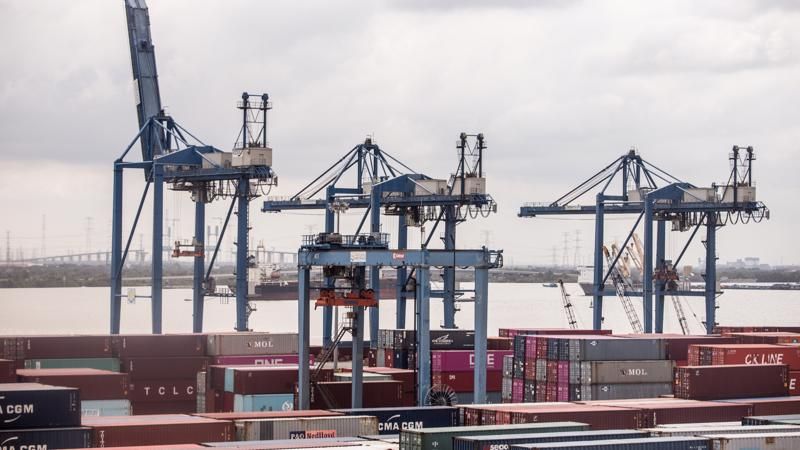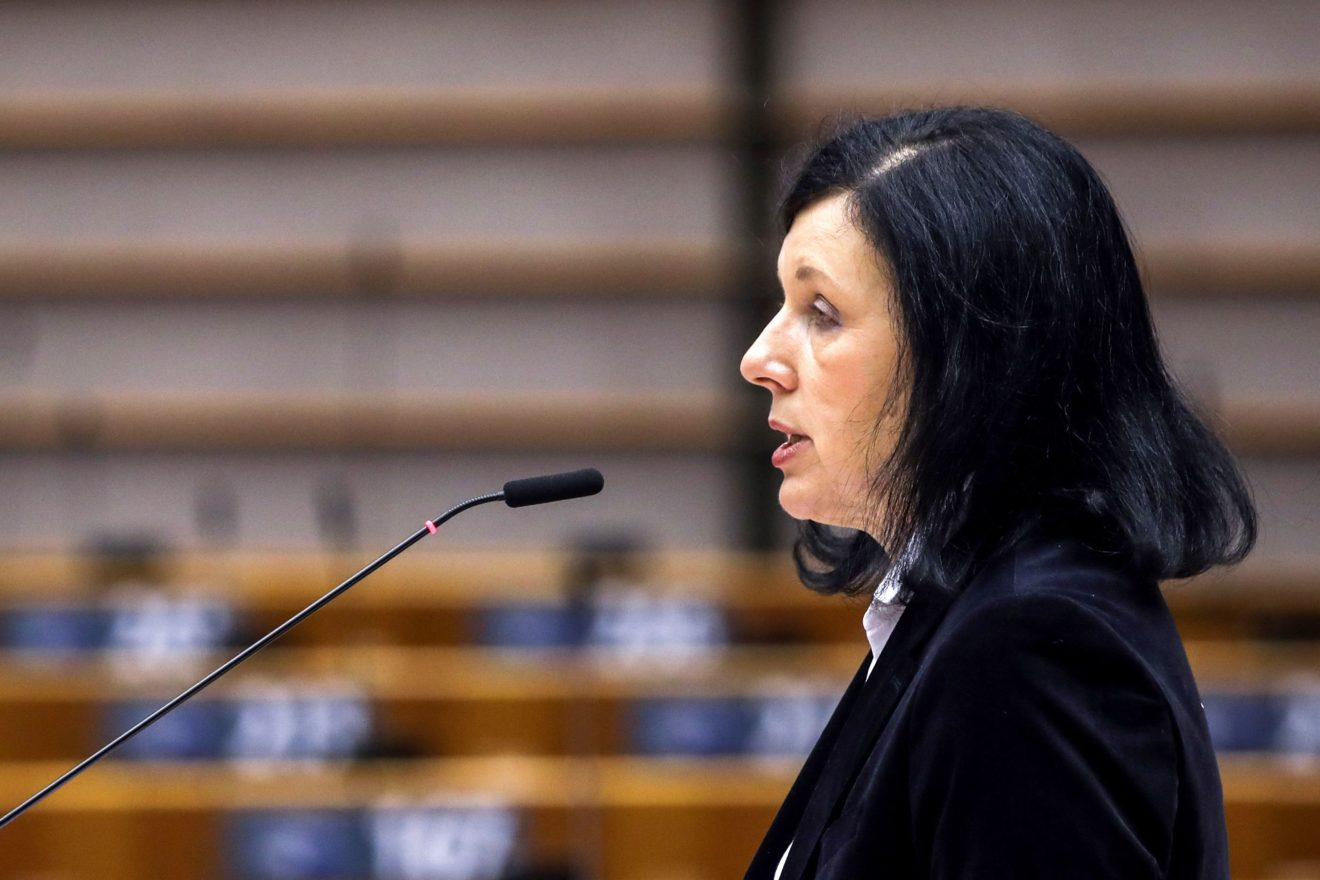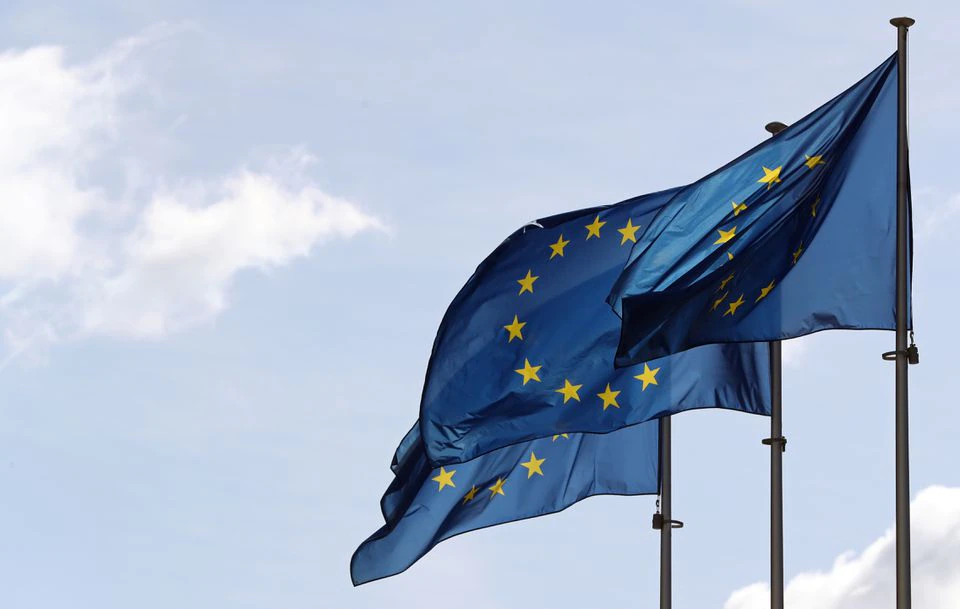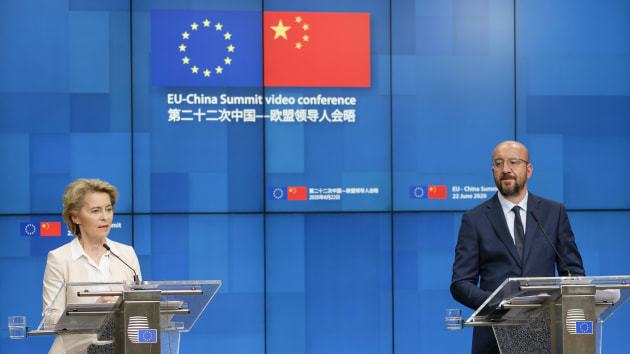EU to guard against economic competition from China, EU-China investment put on ice
| US, European buyers diversify buying away from China, towards Vietnam | |
| EU condemn Russia over travel bans on Brussels officials | |
| Eight EU citizens banned from Russia in sanctions retaliation |
The bloc’s executive arm, the European Commission, unveiled plans to cut dependency on Chinese and other foreign suppliers in six strategic areas, and to limit the ability of companies supported by foreign subsidies to buy EU businesses or take part in public tenders, according to Reuters.
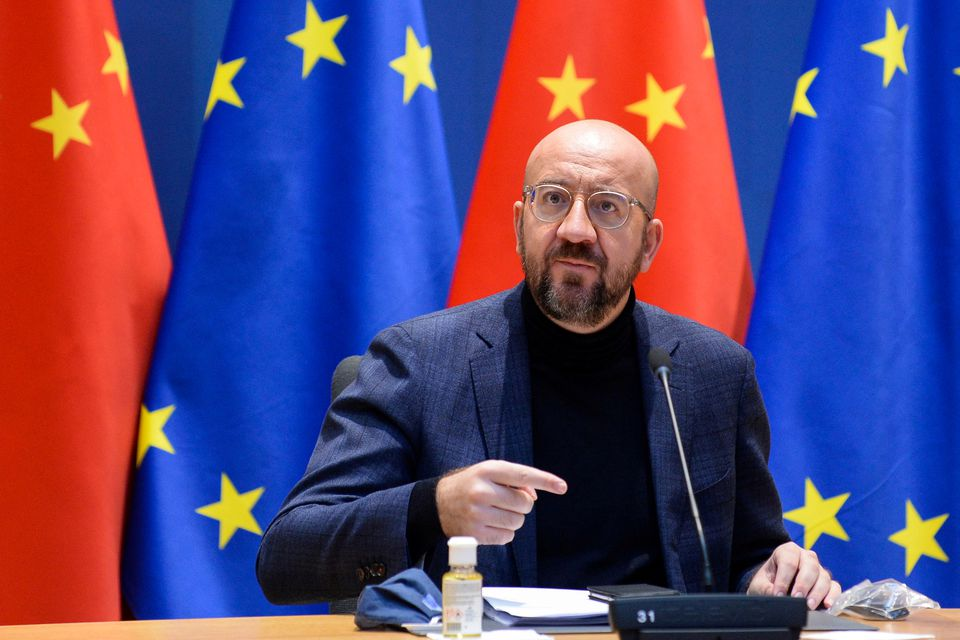 |
| European Council President Charles Michel gestures during a video conference with European Commission President Ursula von der Leyen, German Chancellor Angela Merkel, French President Emmanuel Macron and Chinese President Xi Jinping, in Brussels, Belgium December 30, 2020. REUTERS/Johanna Geron/Pool/File Photo |
EU competition chief Margrethe Vestager told a news conference there have been rules controlling state aid from European governments for 60 years, but none to stop foreign subsidies being used to buy up firms inside the 27-nation bloc.
“Europe is open for business, but come and do it in a fair and transparent manner,” she said was the message.
The Commission is also pausing efforts to promote the China comprehensive agreement on investment (CAI), recognising that it will struggle to secure backing from EU lawmakers while Beijing maintains sanctions on five of their colleagues.
The EU executive still believes the deal, struck at the very end of 2020, will help redress unbalanced economic ties. But its prospects have dimmed.
EU-China investment deal put on ice over sanctions
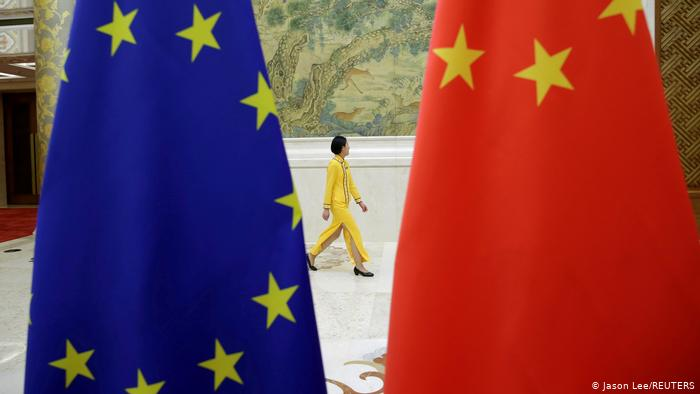 |
| The two sides signed the deal in 2020, but recent sanctions have jeopardized the deal (Photo: Reuters) |
The European Commission has said that efforts to ratify a massive investment deal with China have been in effect suspended after tit-for-tat sanctions were imposed over China’s treatment of its Uyghur population in March.
“We now in a sense have suspended … political outreach activities from the European Commission side,” said the commission’s executive vice-president, Valdis Dombrovskis, on Tuesday. He said that the current state of relations between Brussels and Beijing was “not conducive” for the ratification of the deal, which is known as EU-China comprehensive agreement on investment, according to The Guardian.
“It’s clear in the current situation with the EU sanctions in place against China and Chinese counter sanctions in place, including against members of European parliament [that] the environment is not conducive for ratification of the agreement,” Dombrovskis said. He added that it will now “depend really on how broader EU-China relations will evolve”.
The European Union and China approved a controversial investment agreement in late December after seven years of marathon negotiations. The German chancellor, Angela Merkel, gave the talks a final push; the Chinese market is especially important to German carmakers and manufacturers who have a large presence in the country.
At the time, the pact was defended as a long-overdue opening to China’s vast market that would benefit European companies. If ratified, it could lead to Beijing loosening some of its notoriously stringent rules on foreign companies such as the need to operate through joint ventures with local partners.
The conclusion of the negotiations was a diplomatic victory for China’s leader, Xi Jinping. The talks were wrapped up in a video call with Xi, the European Commission president, Ursula von der Leyen, president Emmanuel Macron of France and Merkel herself.
But the agreement angered China sceptics and human rights activists in Europe.
Some of them had long lobbied Brussels to impose sanctions on China over its treatment of its Uyghur population and its policy on Hong Kong. The Biden administration publicly voiced its displeasure as well.
Then, in a dramatic turn of events in March, the European Union imposed sanctions on four Chinese officials involved in Beijing’s policy on Xinjiang. In response, China swiftly imposed counter sanctions that targeted several high-profile members of the European parliament , three members of national parliaments, two EU committees, and a number of China-focused European academics.
What is the EU-China agreement?
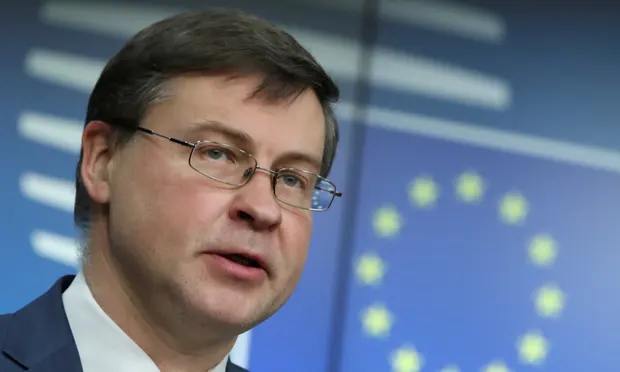 |
| The European commission vice-president, Valdis Dombrovskis, says current relations between Brussels and Beijing are not conducive to further work on the trade deal. Photograph: Yves Herman/Reuters |
Brussels and Beijing signed a new investment agreement in 2020 intended to guarantee a stable framework of conditions for trade and investment in each other's markets.
The EU-China Comprehensive Agreement on Investment (CAI) was signed in December after seven years of negotiation, according to DW.
To enter into force, it must still be ratified by EU member states and the European Parliament, where it faces massive opposition.
The pact would offer European companies access to Chinese markets and facilitate Chinese investment in Europe. It also sets level playing field rules that prevent state assistance from undercutting competition, and sustainable development provisions.
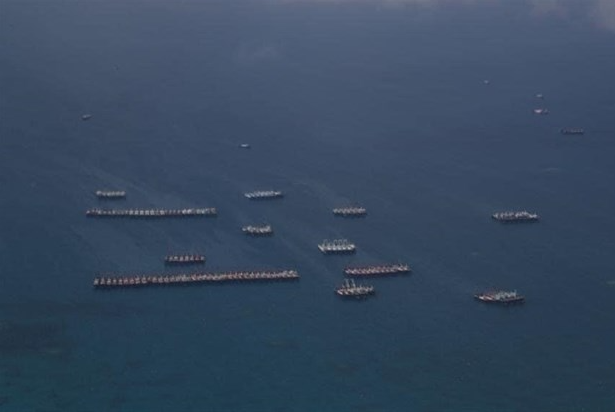 | International community criticizes China's movements on Bien Dong Sea The international community has raised voices against China's recent movements on the South China Sea, including the continued operation of ships to Whitson Reef in ... |
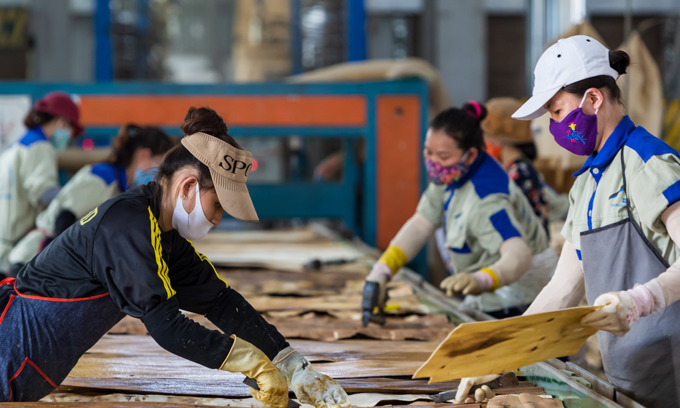 | Vietnam overtakes China to become largest furniture exporter to US Vietnam has overtaken China as the largest furniture exporter to the U.S. as tariffs drive manufacturers out of the world’s second largest economy. |
 | China calls for 'basic etiquette' after Philippine outburst China urged the Philippines on May 4 to observe "basic etiquette" and eschew megaphone diplomacy after the southeast Asian nation's foreign minister used an expletive-laced ... |
Recommended
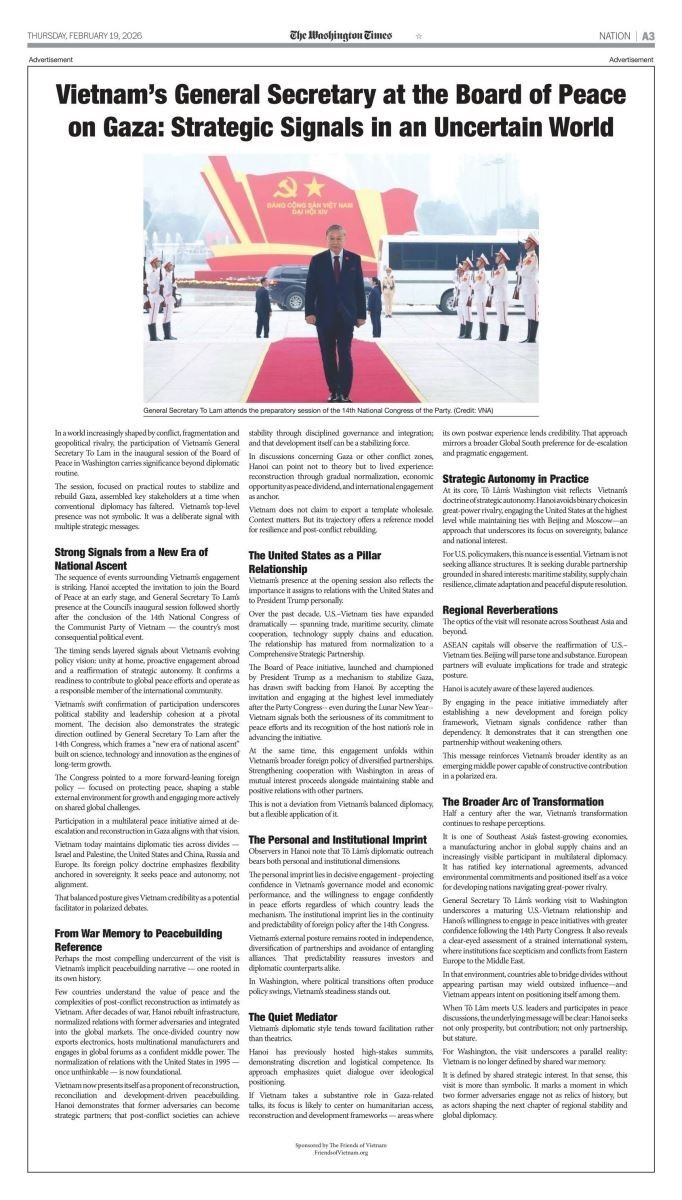 World
World
US Media Commend Vietnam’s Role in Global Peace Efforts
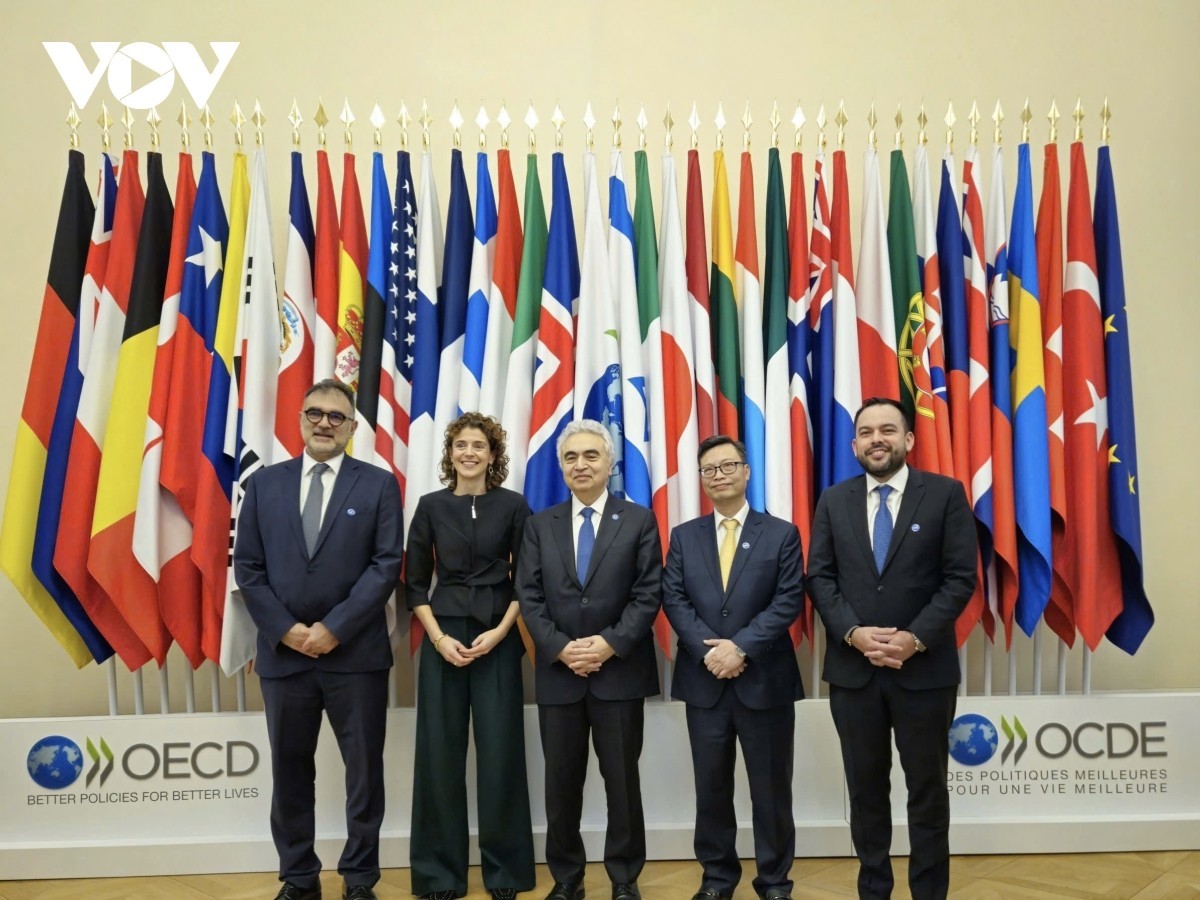 World
World
Vietnam Officially Becomes Association Country of International Energy Agency (IEA)
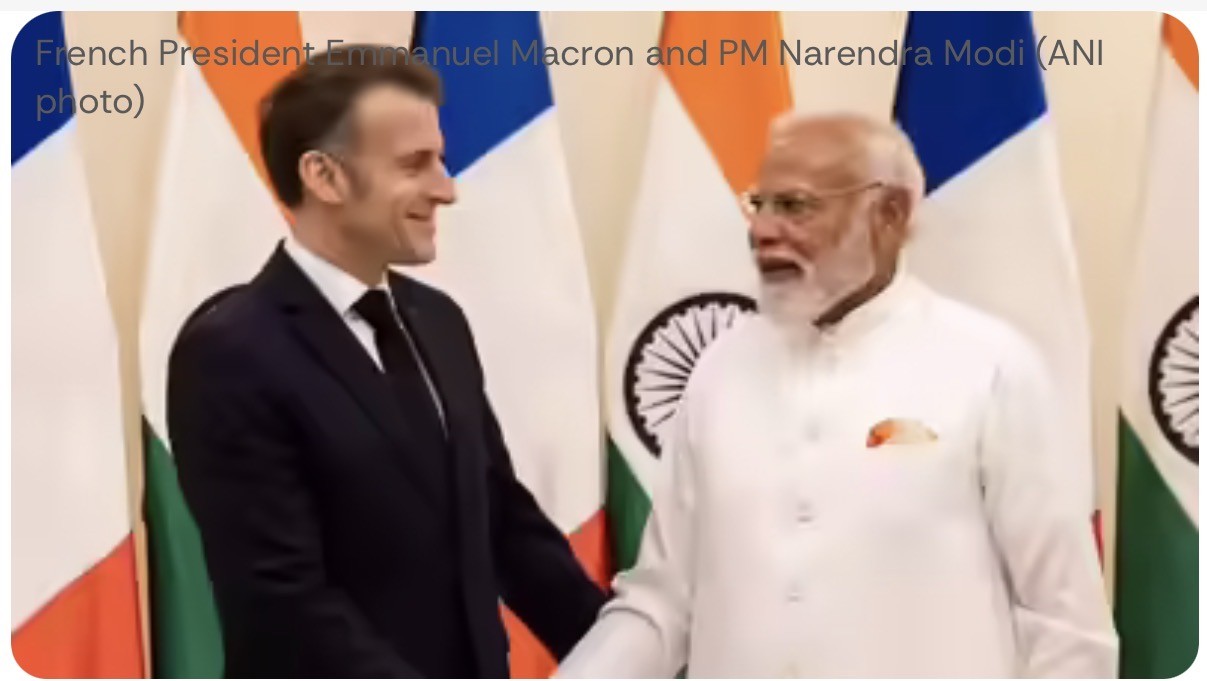 World
World
Key pacts signed as PM Modi hosts France's Macron for plane cooperation
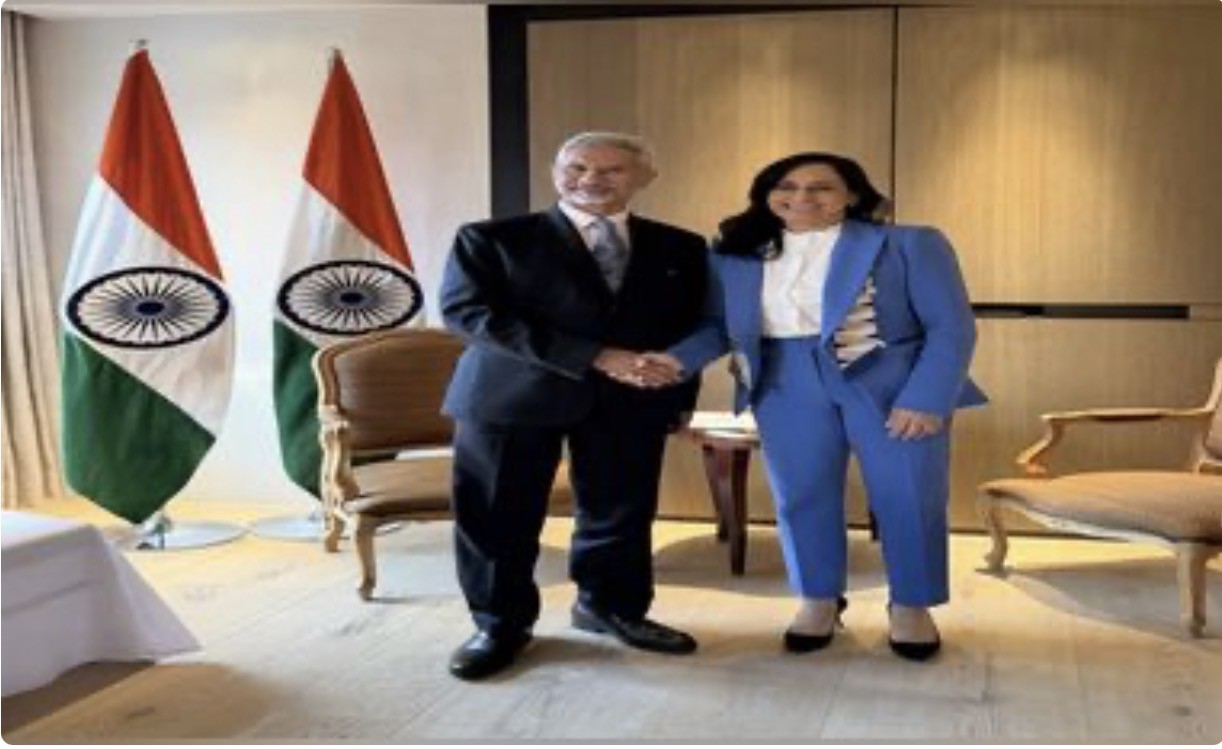 World
World
India, Canada commit to strengthening bilateral ties, discuss trade
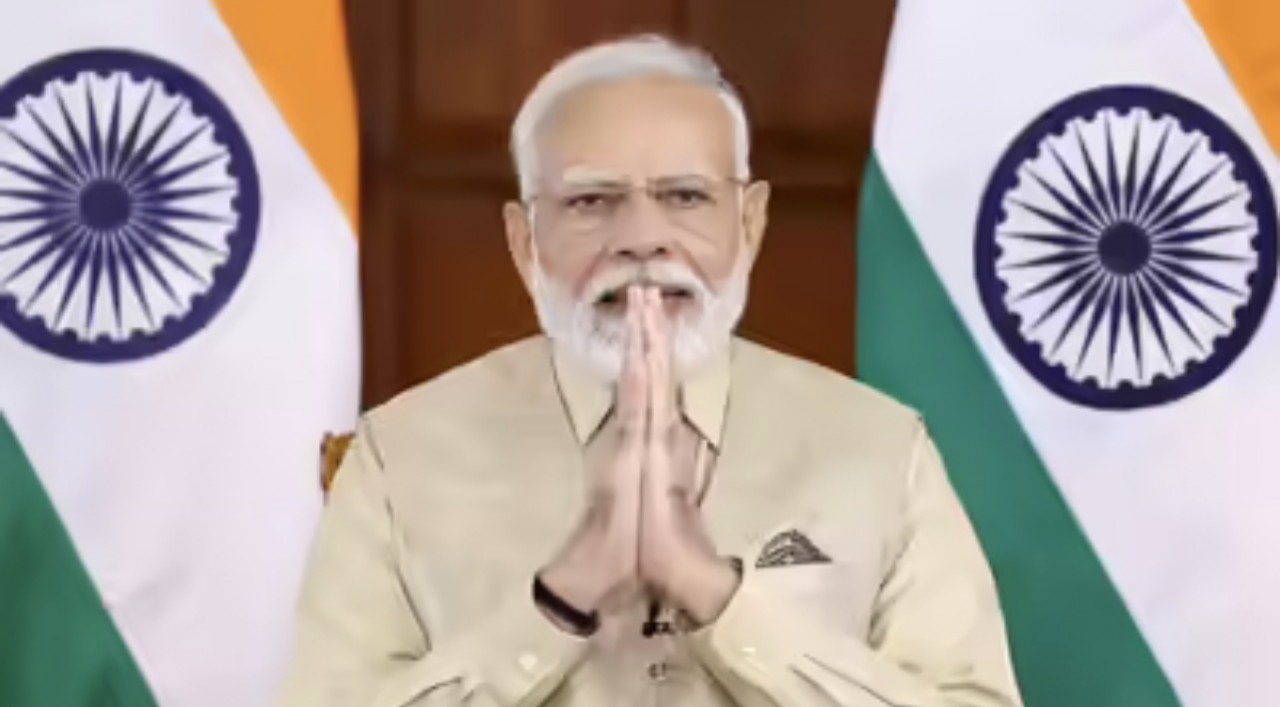 World
World
AI Summit India 2026 Live Updates: ‘Bringing the world together,’ PM Modi welcomes leaders as India hosts AI summit
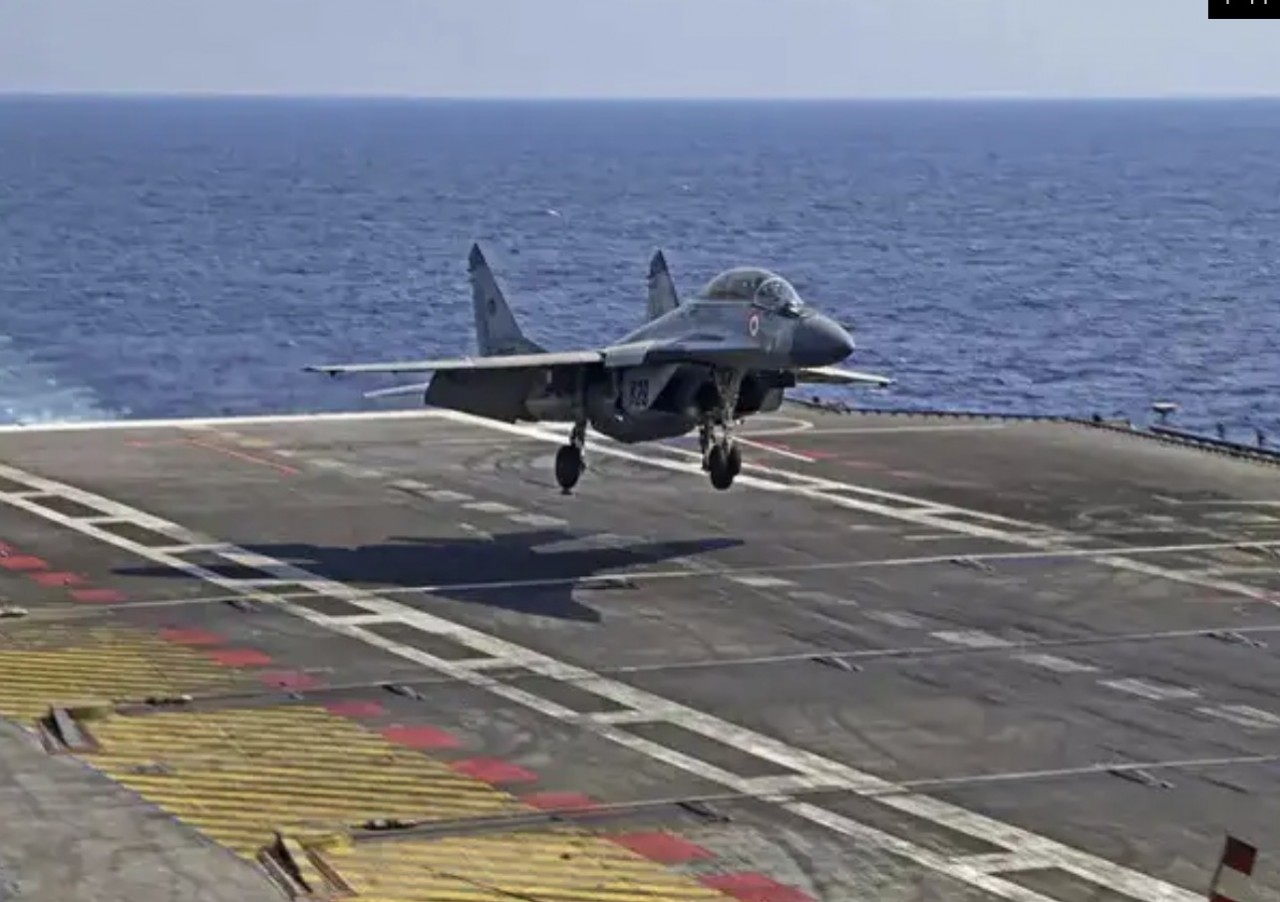 World
World
Safran ready to open India engine production in Rafale deal
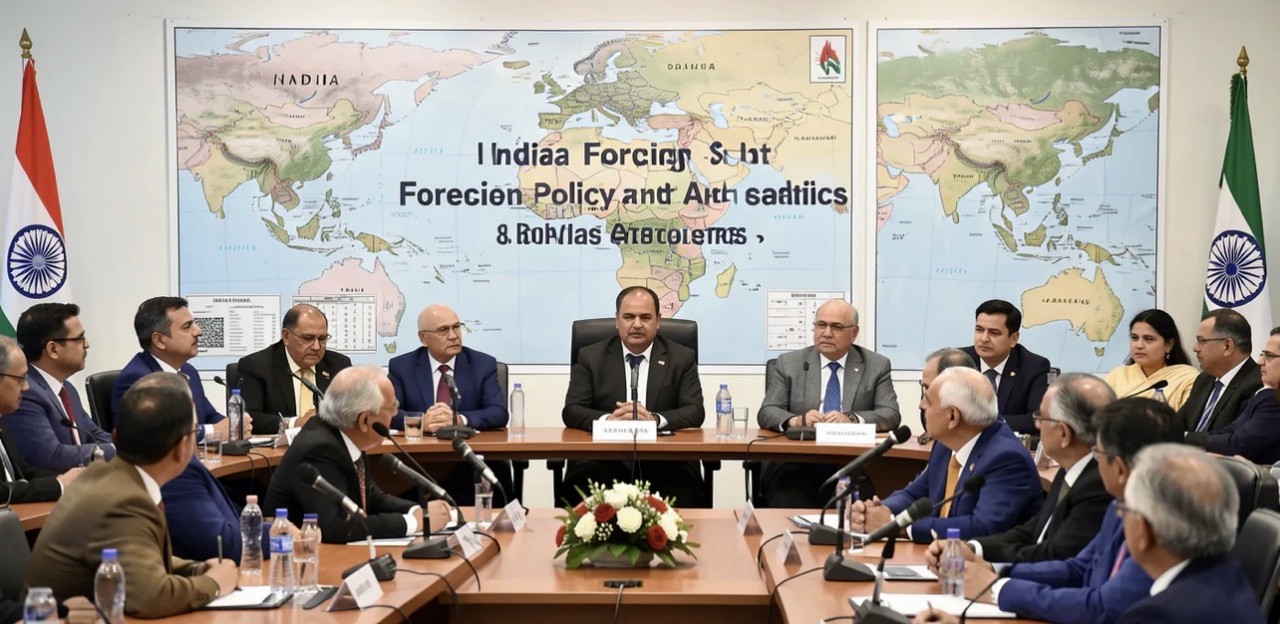 World
World
Nepal interim PM Sushila Karki thanks India for March support
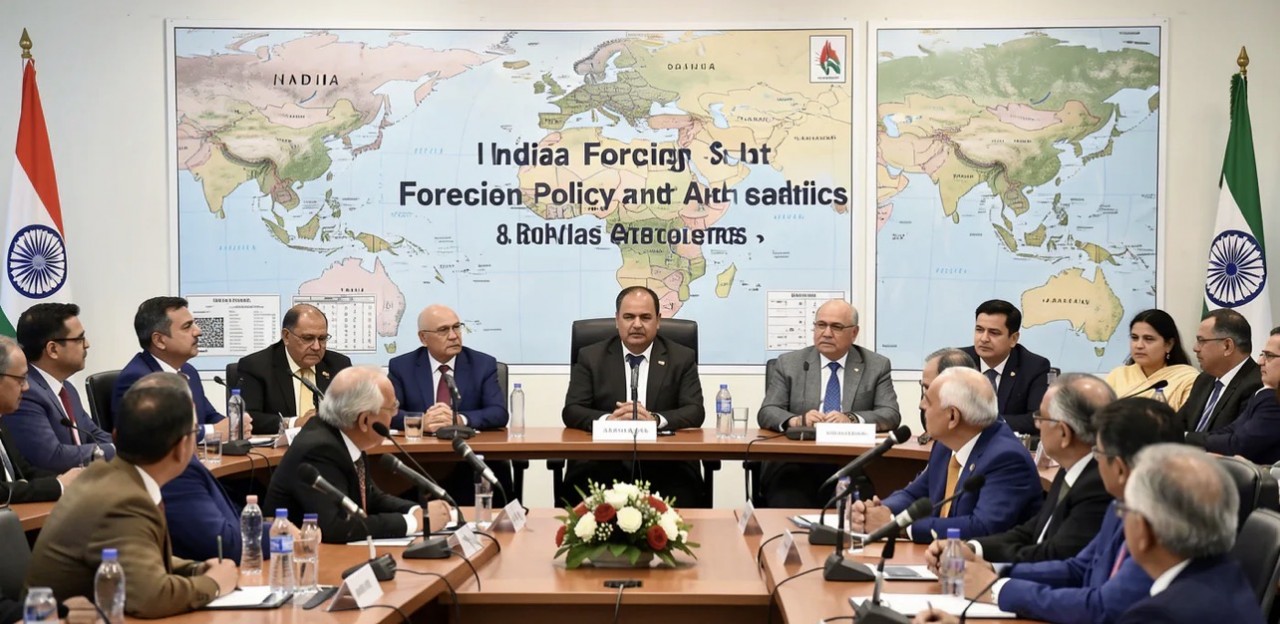 World
World

